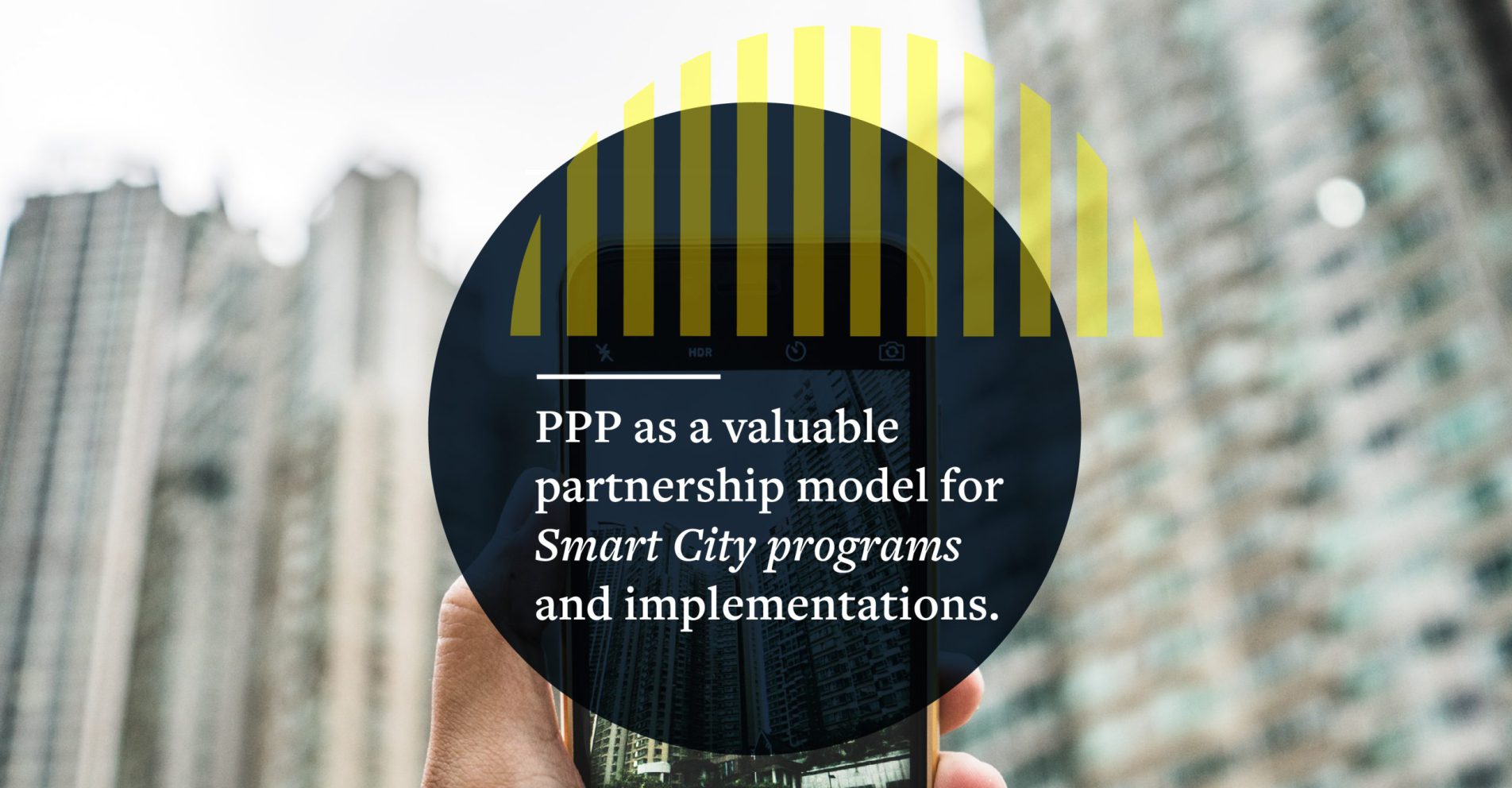Traditional city planning is characterized by isolated functional and sectoral silos, based on static data and information, and limited interaction with city stakeholders and users. But how do you move away from the traditional city planning approach and shift your focus towards what citizens, businesses and civil societies need?

By introducing smart city solutions, a city can unlock data and information from individual silos and better organize the structure and governance of data while focusing on ‘customer’ delivery. Seizing on the opportunity to use these innovations in policy and implementation, city governments will be able to make improvements that result in smarter, more integrated and more interactive urban infrastructure and services – and therefore – better cities.
However, to enable open and dynamic ecosystems while introducing smart city solutions, intelligent procurement and contracting in the delivery of smart city solutions are very important.

The Solution
We believe in PPPs as a valuable model for smart and tailored Managed Partnerships. Setting up such a deliberate partnership framework that defines the roles, risk allocation and business ‘rules of the game’ agreed upon will help create the right balance between predictability and entrepreneurship, the prerequisites of harnessing value from innovation for the public interest.

At Rebel we are confident that the Public-Private Partnerships (PPPs) approach can help to deliver real change and innovation. It can unlock more value from smart city solutions for the public interest.
In our white paper, we discuss the ins and outs of applying an innovative partnership approach for Smart City initiatives.


